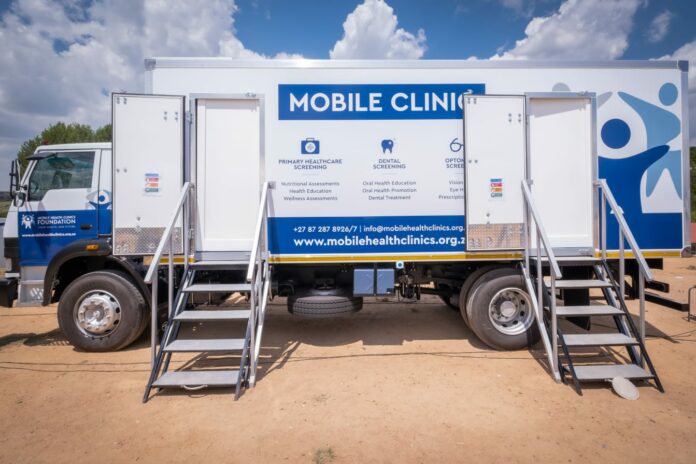Pupils in underserviced areas of South Africa will now have access to healthcare, health screenings, sex education and health, as well as substance abuse help in schools.
The Department of Basic Education and the Mobile Health Clinic have partnered to bring health services in schools to help create a safe environment for health education and treatment.
The project conducts comprehensive screenings and health education on teenage pregnancy, bullying, healthy eating and substance abuse, among others.
Mobile Health Clinic Foundation CEO, Rosy Ndhlovu, said the foundation aims to service communities found in the most underserviced parts of South Africa and suffer due to a chronic lack of resources and infrastructure.
It also aims to keep pregnant learners in school and preparing them for motherhood. However, she said the main focus is to educate learners about the importance of abstinence and the use of contraceptives – this would be for high school learners.
“We aim to reduce pregnancy in schools so that effective teaching and learning takes charge in schools,” said Ndhlovu.
“However, we cannot undo what is already done and in such cases, we then have to make sure that the parents-to-be and their surrounding in the school fully understand what a pregnant person might be going through.”
Sikhonjiwe Masilela, Gauteng department of health director for youth and integrated school health programme, maternal child health and nutrition highlighted that the launch of the mobile clinic is the beginning to reducing pregnancy in schools.
Masilela said sexually active learners are unaware of diseases they may get as a result of taking part in sexual intercourse.
“We try all we can to teach learners about the dangers associated with having sex, and how these may be avoided, but the numbers keep increasing each year. I believe that this is key to curbing the numbers,” said Masilela.
“I understand that some of the learners are not having sex out of willingness. They are raped and they are afraid to talk about it, this is expected to be a safe space for them.
“Speaking of such, we also understand that this affects the learner’s mental wellbeing, this is why we also prioritise mental health. Everything will be age-appropriate.”
Deputy chief executive at the Gauteng education department, Mmapela Rapoo, expressed excitement at the launch.
She said the department needs all the help and understanding it can get to ensure that effective teaching and learning takes place in schools.
“We have schools that have been considered the ‘missing-middles’, they are somewhat forgotten by sponsors, but we are always grateful to see that not everyone has totally forgotten about the schools,” said Rapoo.
For more education news from Sunday World, click here.
Follow @SundayWorldZA on Twitter and @sundayworldza on Instagram, or like our Facebook Page, Sunday World, by clicking here for the latest breaking news in South Africa.



